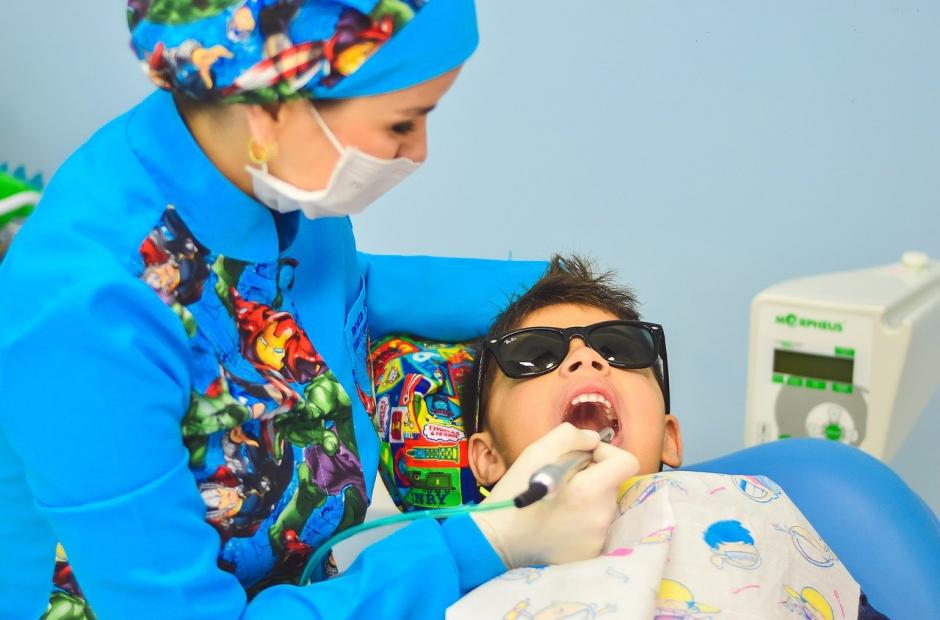Dental plaques form a coalition of bacteria and yeast that are linked by sugar chains. It is on these sugars that the new treatment is aimed. Resisting sugar is not easy, as well as following the right procedures when brushing your teeth. Therefore, people, especially children, are often prone to tooth decay. A new treatment that uses enzymes to weaken dental plaque, a biofilm that constantly forms on the teeth and leads to tooth decay, could now help.
According to experts from the American University of Pennsylvania, dental plaque usually consists of the bacteria streptococci Streptococcus mutans and the yeast Candida albicans. Streptococci support each other with yeast. They even connect to each other, using mannan polysaccharide molecules from the yeast cell wall, which associate with glycosyltransferase enzyme molecules produced by streptococci.
Attack on dental plaques
Today, there are drugs that target streptococci in the oral cavity. But they usually also kill useful bacteria without affecting the plaque itself. Geelsu Hwang and his team therefore came up with a new approach. Instead of the bacteria or yeast themselves, they attack their joints, ie the mannan molecules.
In experiments, they tried three different enzymes that break down mannan. They let them act on biofilms placed on a tooth-like surface. After only 5 minutes of exposure to the enzymes, the biofilm was significantly weakened, which was then much easier to remove by brushing teeth and similar procedures. The advantage of such treatment is that resistance to it develops worse. In the future, similar enzymes could appear, for example, in children’s mouthwashes and similar preparations.
